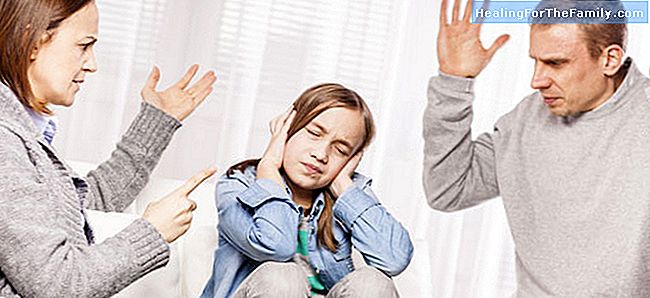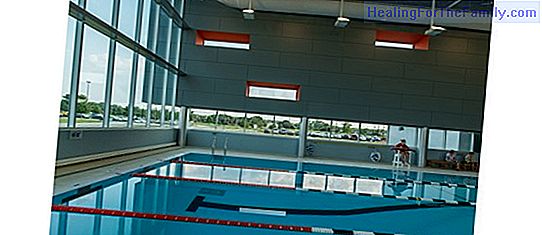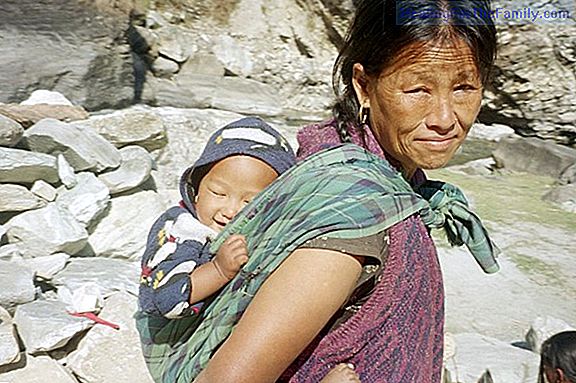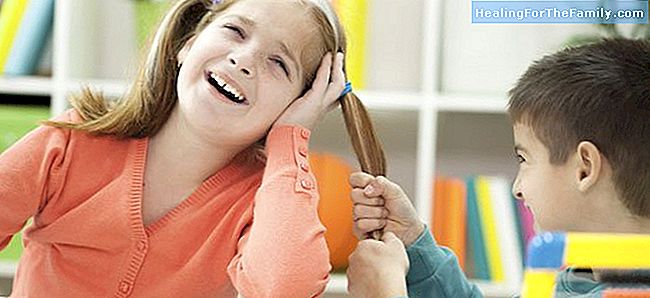The impact on the child of growing up in a violent environment
In the child's development, not only biological, genetic or neurological factors influence. The environment in which they grow and develop is fundamental for their development. Growing up in a violent environment has a strong impact on the development of children. We are going to focus on this artic
In the child's development, not only biological, genetic or neurological factors influence. The environment in which they grow and develop is fundamental for their development.
Growing up in a violent environment has a strong impact on the development of children. We are going to focus on this article on how the family environment influences the development of children, specifically, a violent family environment.
So it impacts on the child to grow up in a violent environment

A violent environment is one in which between the parents or towards the child, there are screams, insults, contempt, and even physical violence. Parents who shout at each other, or who scream at the child continuously, a home in which there are insults, continuous discussions, in which there is no affection, or there is neglect in the care of the children or of the couple ..., it is an environment Negative and harmful for an adequate development of the child.
Living in such an environment influences all areas of children's development, (emotional, social, cognitive ...) First of all, untie, that gives them a model of love and affection that is not appropriate, since They learn that wanting is also that.
But it also makes children vulnerable, generates a lot of insecurity, emotional anguish, fears, makes them irritable, appears lack of appetite, anxiety, depression, and sometimes violent behavior patterns, because children learn that what they see at home is a model of correct behavior. They live in a tension and in an environment for which they do not have coping tools or personal resources that protect them. These consequences not only take place in childhood, but occur long term in adolescence and adult life.
Often children who live this at home, show at school also aggressive attitudes and behaviors that are no more than a reflection of what they see at home.
But not only does it affect the child to be violent, but he comes to accept and accept violence as something normal, therefore he tolerates it and can become a victim of violence, because he has learned that it is normal and that is part of affective relationships. That is, he can accept violence as a victim or as an aggressor.
When a child sees violence at home, he or she is learning a pattern or pattern of violent emotional and social relationships. They understand that shouting, insulting or hitting when we get angry is fine, or that it is the right way to resolve conflicts.Not all children who come in these environments manifest the same social, emotional or cognitive consequences, but what is clear is that the environment in the home influences and affects them. Not all of them will develop depression, school problems, mood disorders, aggressive behavior ... butliving in a violent home facilitates the appearance of these problems
. It is important for parents to know how their relationships and behavior at home affect the development of their children and to seek appropriate professionals to advise and intervene if necessary.Children to grow healthy and safe in all aspects of their lives,
need a home in which there is love, respect, security and trust.












